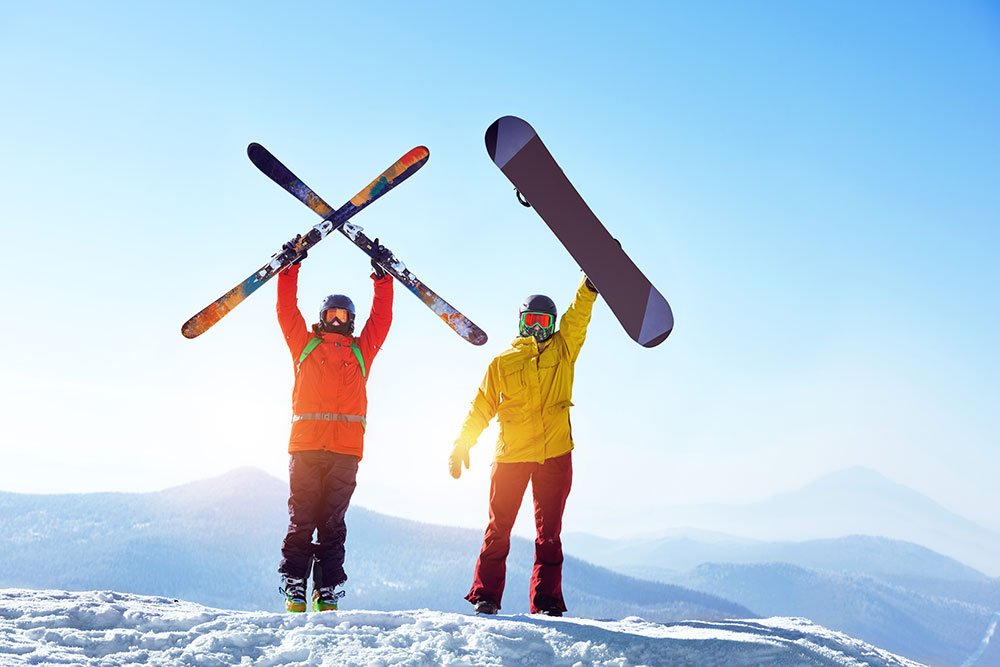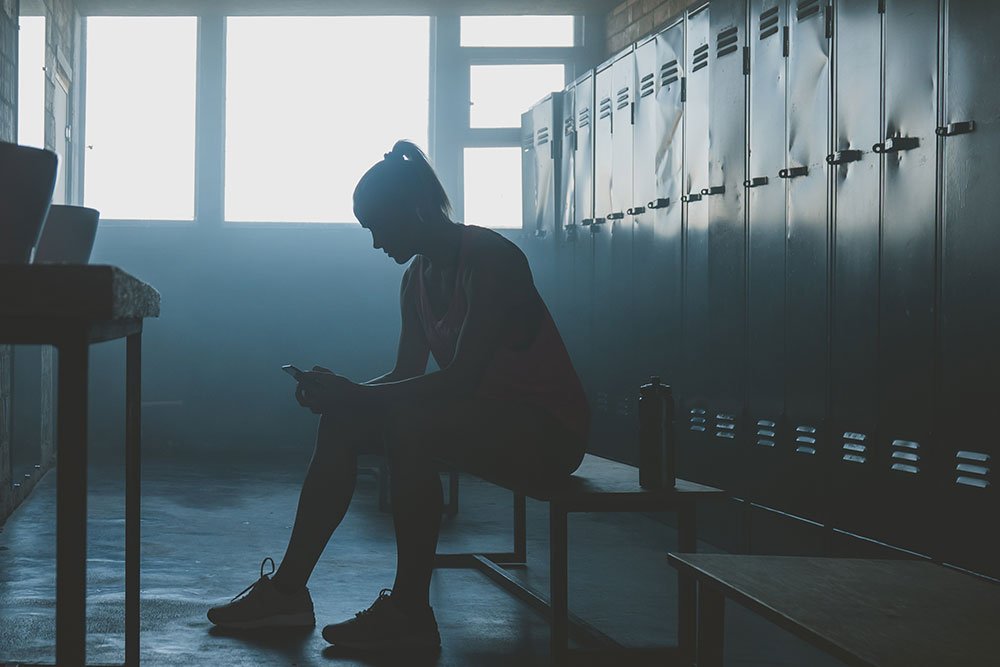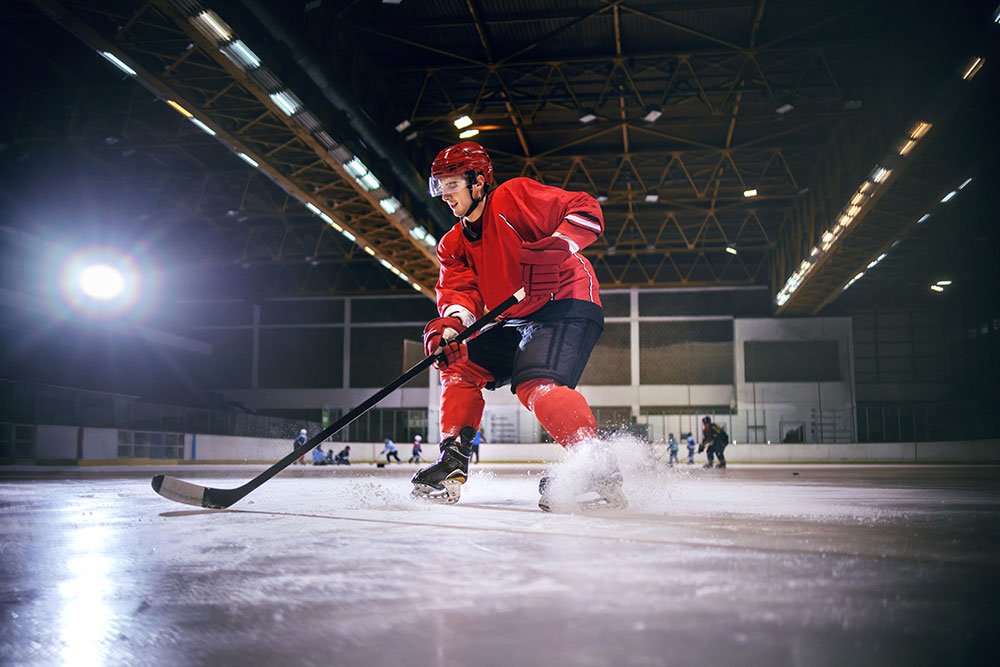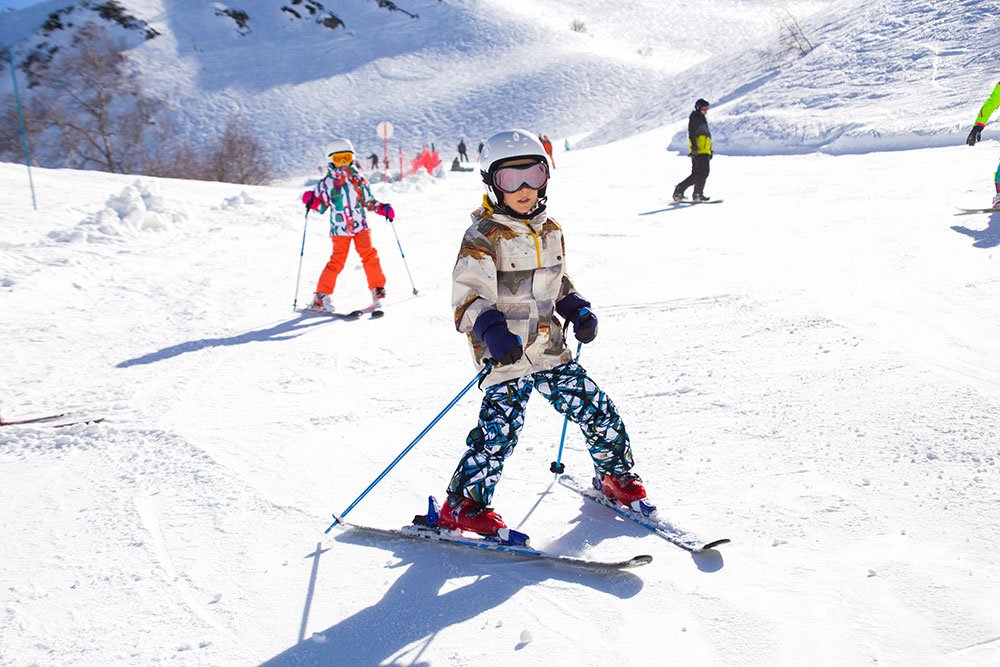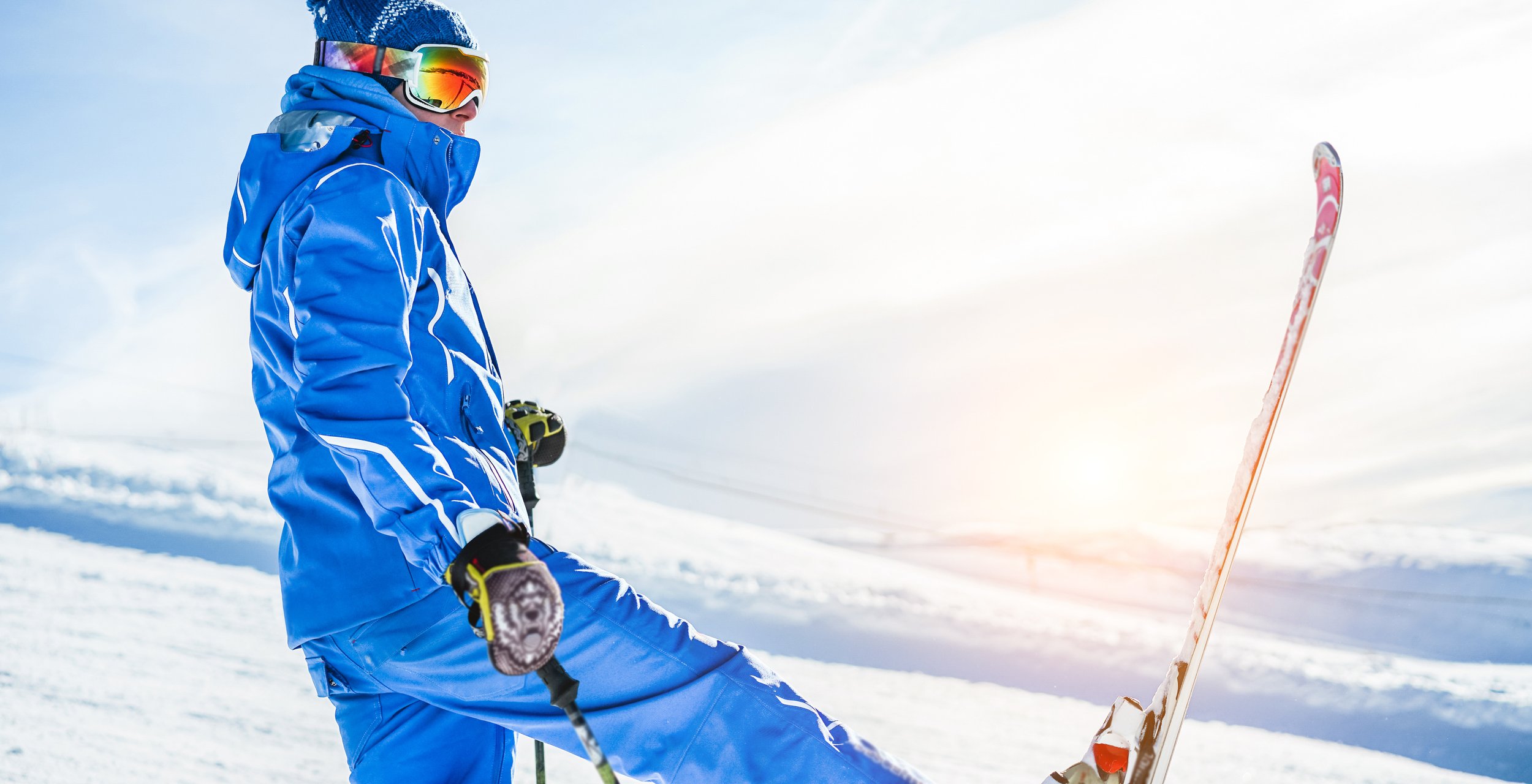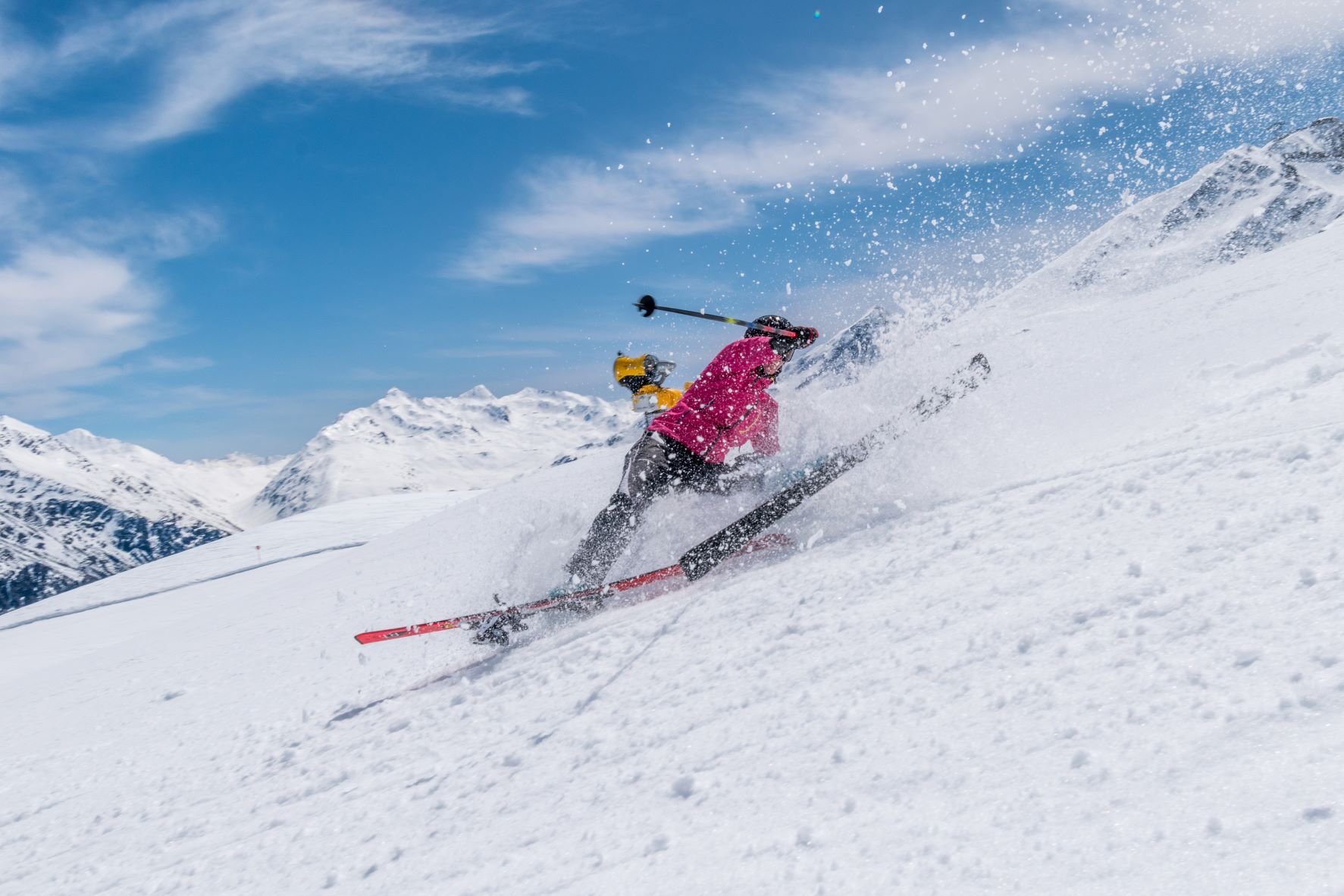Is Knee Popping Bad?
Dr. Sterett explains, "Knee popping can arise from harmless, physiological mechanism. Common causes of knee popping encompasses a variety of factors. Soft tissue interactions, such as the movement of tendons, ligaments, or menisci can produce audible popping sensations.”
Is Shoulder Popping Normal?
Dr. Sterett states, "Shoulder popping may originate from dynamic interactions between the bones, ligaments, tendons, and cartilage within the joint”
Can Knee Dislocation Cause Arthritis?
Dr. Sterett explains that, “Knee dislocations have the potential to cause arthritis, primarily due to the significant trauma and damage to the joint structures.” Knee dislocations occur when the bones of the knee joint are forced out of alignment, often as a result of high-impact accidents or sports injury.
What is the Most Common Direction for a Shoulder Dislocation?
Dr. Sterett explains, “The most common direction for a shoulder dislocation is anteriorly – where the upper arm bone pops out of the shoulder socket towards the front of the body. This type of dislocation, known as an anterior shoulder dislocation, accounts for approximately 95% of all shoulder dislocations.”
Why Do Females Have More ACL Injuries Than Males?
It is a well-established fact in sports medicine that females are more susceptible to ACL injuries than their male counterparts. The anterior cruciate ligament (ACL) is a crucial stabilizing ligament in the knee, and its injury can have significant implications for an individual's mobility and athletic performance. Understanding the factors that contribute to this gender discrepancy is essential for effective injury prevention and treatment.
Which is Better for Knees: Skiing or Snowboarding?
This overview aims to delve into the distinct differences and commonalities in knee injuries associated with skiing and snowboarding, as well as provide insights into risk factors and injury prevention techniques.
Preventing Shoulder Injuries While Skiing: Tips and Techniques
I am dedicated to helping ski enthusiasts enjoy their time on the slopes without the risk of debilitating shoulder injuries. A proactive approach that encompasses both pre-skiing preparations and on-slope techniques is my top recommendation for shoulder injury prevention.
Returning to Sports Safely: A Guide for ACL-Reconstructed Athletes
The journey back to sports after such a procedure is a careful and gradual process, and as we step into 2024 I want patients and athletes to have the information needed for a safe, successful recovery.
Navigating ACL Injuries in Ice Hockey: Dr. Sterett's Expert Guide to Swift Recovery
As the winter sports season unfolds, the risk of ACL injuries looms prominently in ice hockey. Dr. Bill Sterett, a distinguished board-certified orthopedic surgeon and sports medicine specialist at Vail-Summit Orthopaedics & Neurology, brings forth his wealth of expertise in preventing and treating ACL injuries in ice hockey players.
Safeguarding Young Athletes: Dr. Sterett's Guide to Preventing ACL Injuries in Winter Sports
As the winter sports season approaches, ensuring the safety of our young athletes becomes a top priority. Dr. Bill Sterett, a board-certified orthopedic surgeon and renowned sports medicine specialist, shares valuable insights on preventing ACL injuries in youth winter athletes.
I’m an older patient who has an aCL Tear, what are my options?
It is a priority to Dr. Sterett to provide patients with a comprehensive overview of ACL injuries. This blog post focus on answering the questions about anterior cruciate ligament (ACL) tears in older adults. While ACL injuries are often associated with young athletes, they can also affect older individuals, presenting unique challenges and considerations for patients.
My Shoulder Dislocated, How Do I know If I Need Surgery?
Dr. Sterett concentrates on the distinct characteristics of shoulder dislocations, including their cause clinical presentation, diagnosis, and treatment options. Hopefully you will come away with a better understanding of shoulders that “pop out”, are first time dislocations, and who is at risk for recurrence or other related injuries.
Knee Ligament Injuries: A Closer Look at ACL, MCL, PCL, and LCL Tears
Knee ligament injuries are prevalent, especially among athletes who engage in physically demanding sports, such as skiing, lacrosse, soccer, hockey, or football.
Knee Injuries on the Slopes: When to See a Doctor
Skiing and snowboarding are exciting winter sports that offer a great way to enjoy the outdoors, especially in the picturesque ski resorts of Eagle County. However, it's important to remember that knee injuries are prevalent among slope-goers.
Your Top Questions About ACL Tears, Answered
A suspected ACL injury comes with a feeling of uncertainty, along with many questions. Did I tear it? Will I need surgery? How long will I be out of commission? Here, we will address some of the most common questions Dr. Sterett receives about ACL tears, including symptoms, treatment options, and recovery expectations.
Team Sterett’s Top 5 Blog Posts of 2022
Here are the most popular blog posts of 2022 that you might have missed!
Shoulder Injuries on the Slopes: Rotator Cuff Tears
Winter has arrived, which means one thing for ski and snowboard fans: it's time to hit the slopes! However, that also means that Dr. Sterett, Vail Valley's leading orthopaedic surgeon, begins to see an increase in shoulder injuries – the most common being rotator cuff tears.
Did I Tear My MCL?
If you've recently sustained a knee injury and are experiencing pain on the inner side of your knee joint, you may be wondering if you tore your medial collateral ligament (MCL).
The 3 Most Common Knee Injuries on the Slopes
Every year, hundreds of thousands of people — visitors and locals alike — hit the slopes throughout Eagle and Summit counties in search of corduroy, bluebird days, and deep pow. In this blog post, we'll look at three of the most common ski-related knee injuries and offer tips on how to avoid them.
Shoulder Weakness? Here are 3 Possible Causes
Let's take a look at three of the most common causes of shoulder weakness, alongside treatment options to help you regain strength and restore function.






